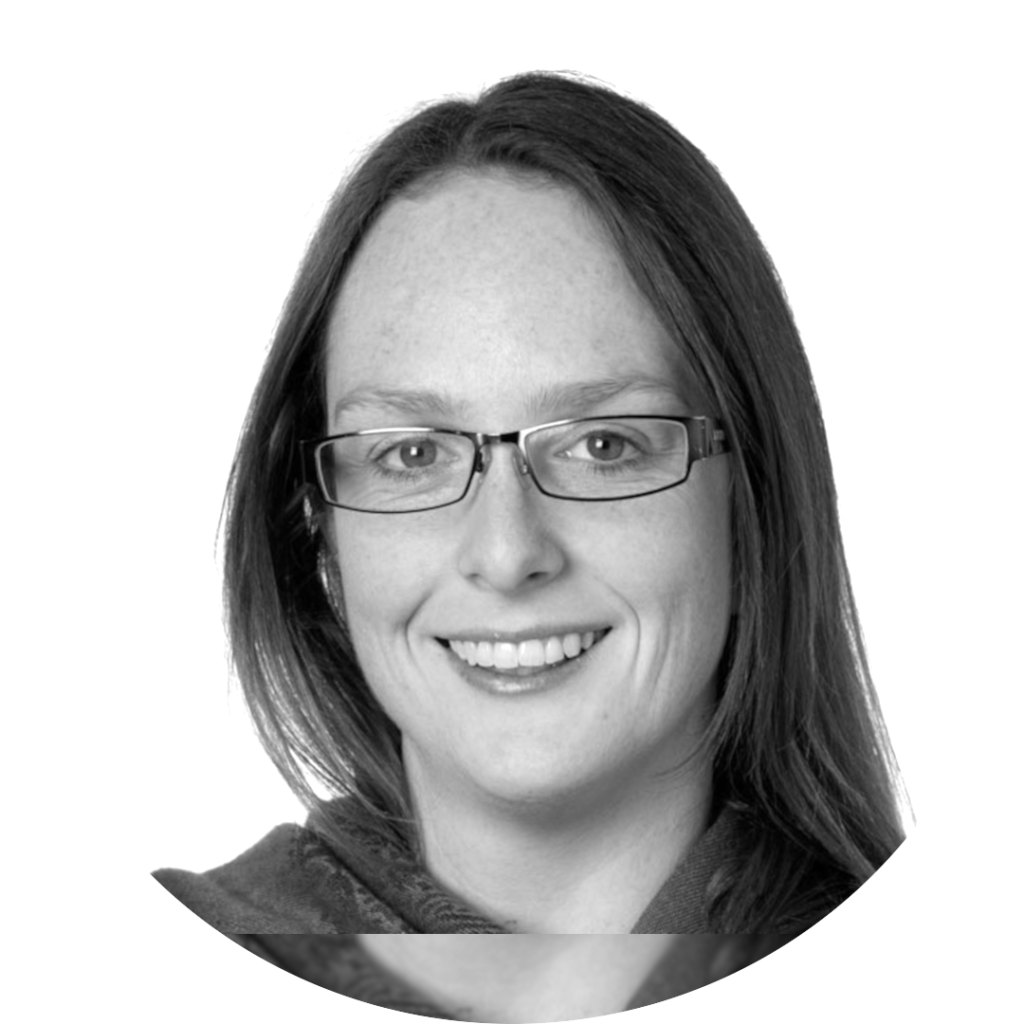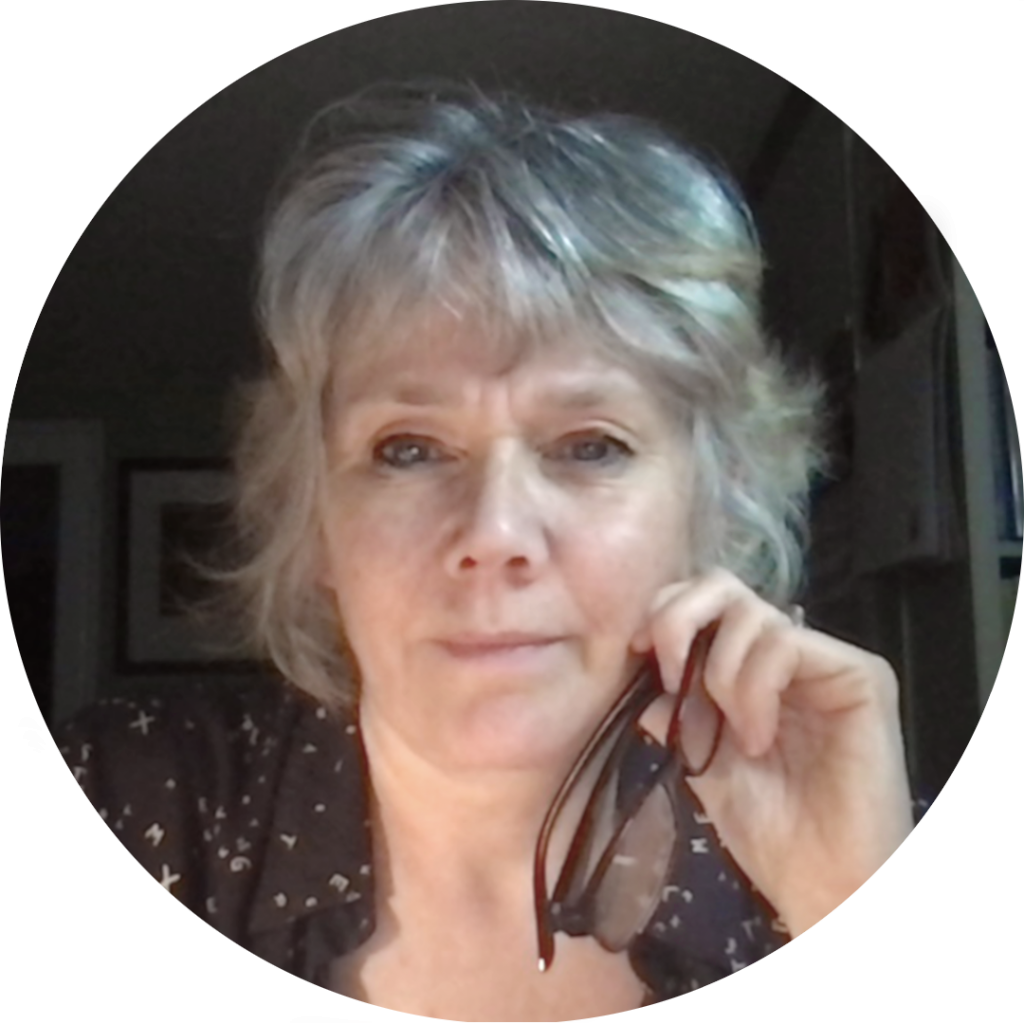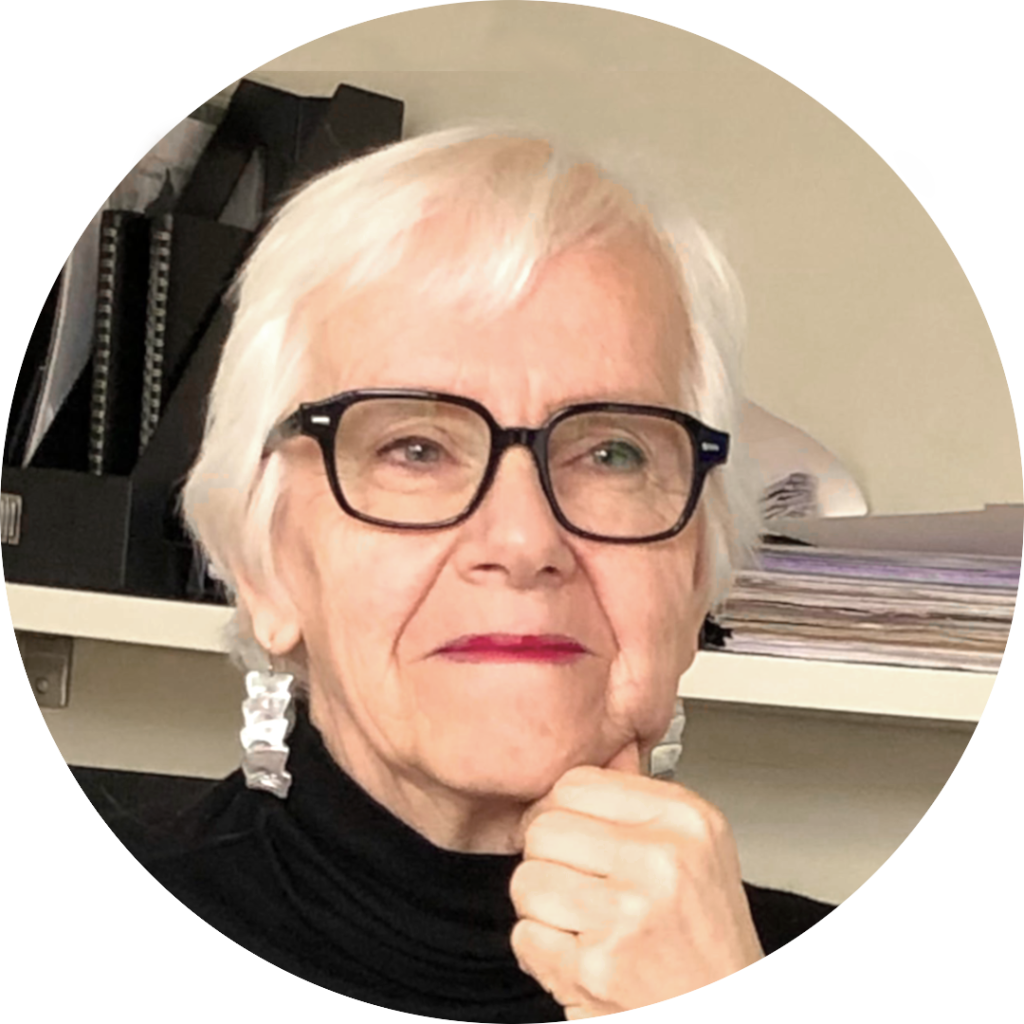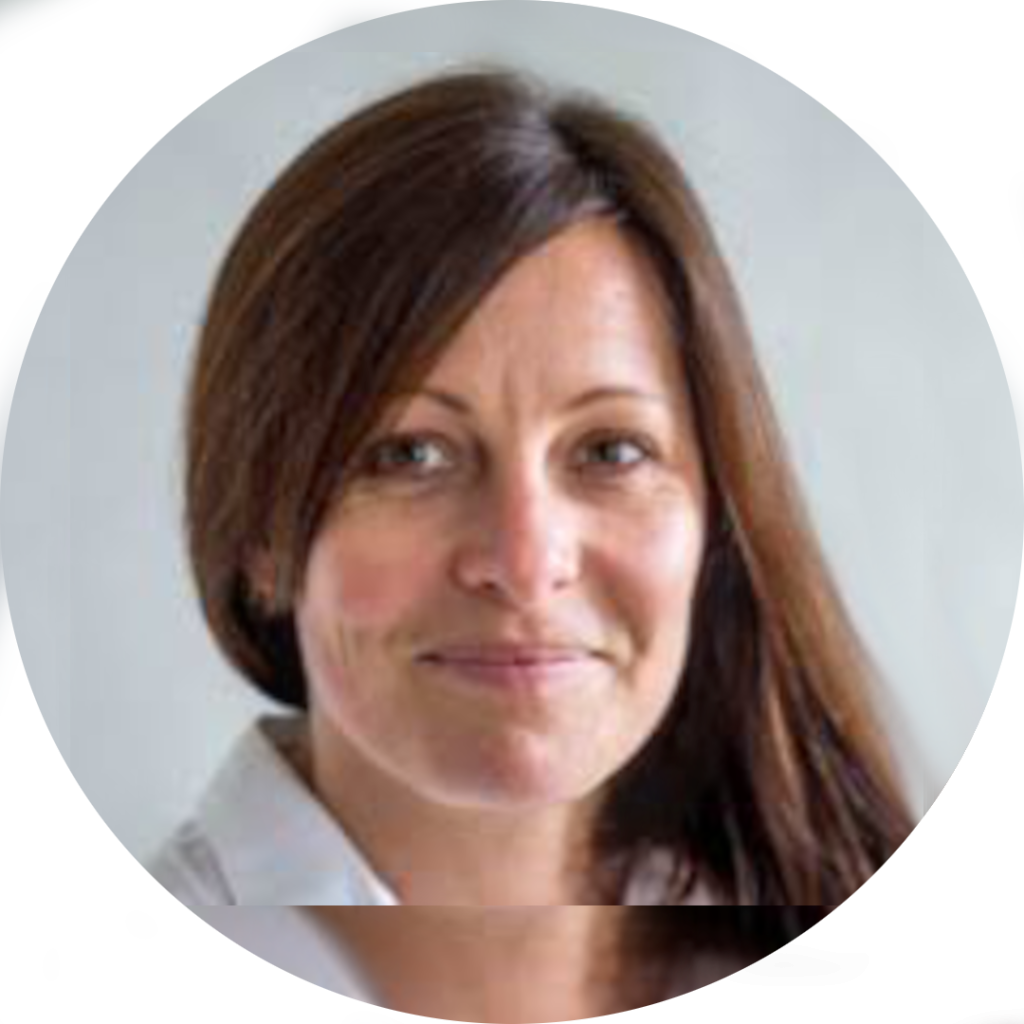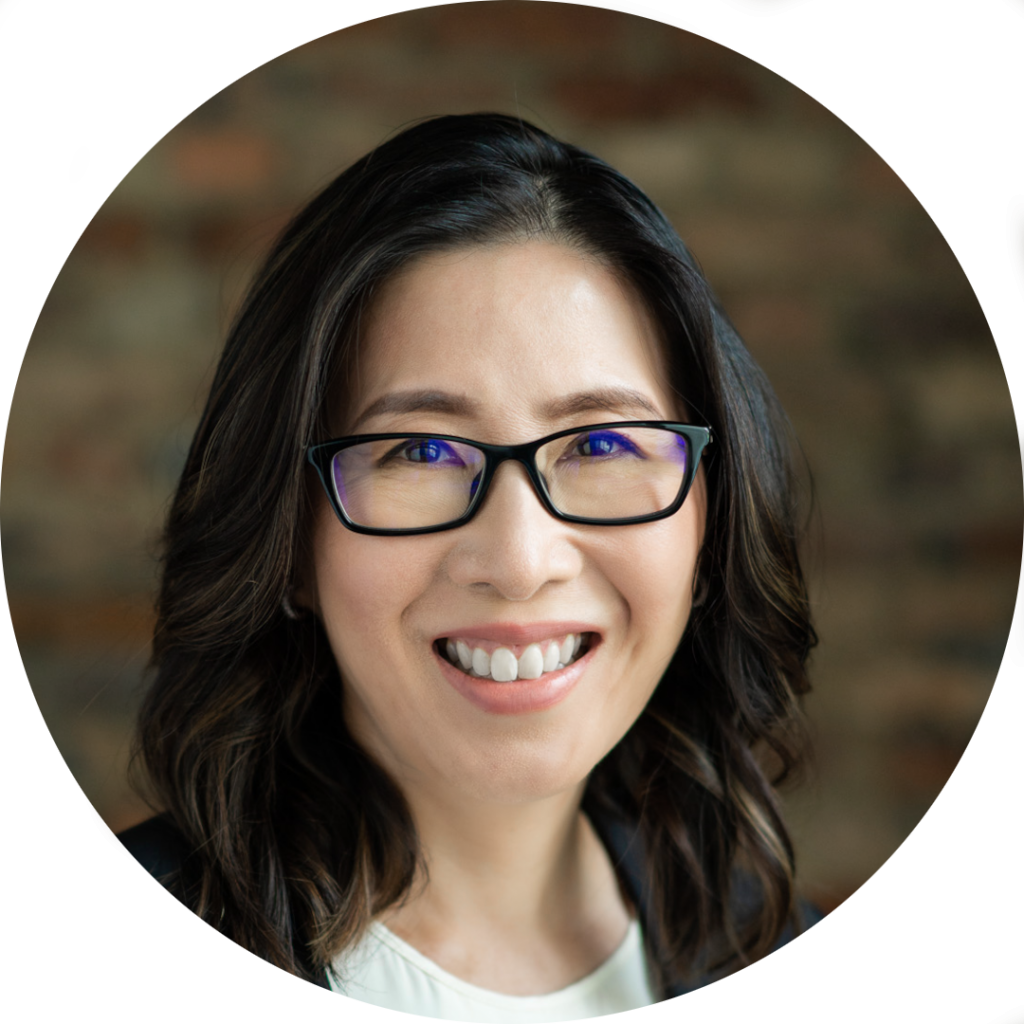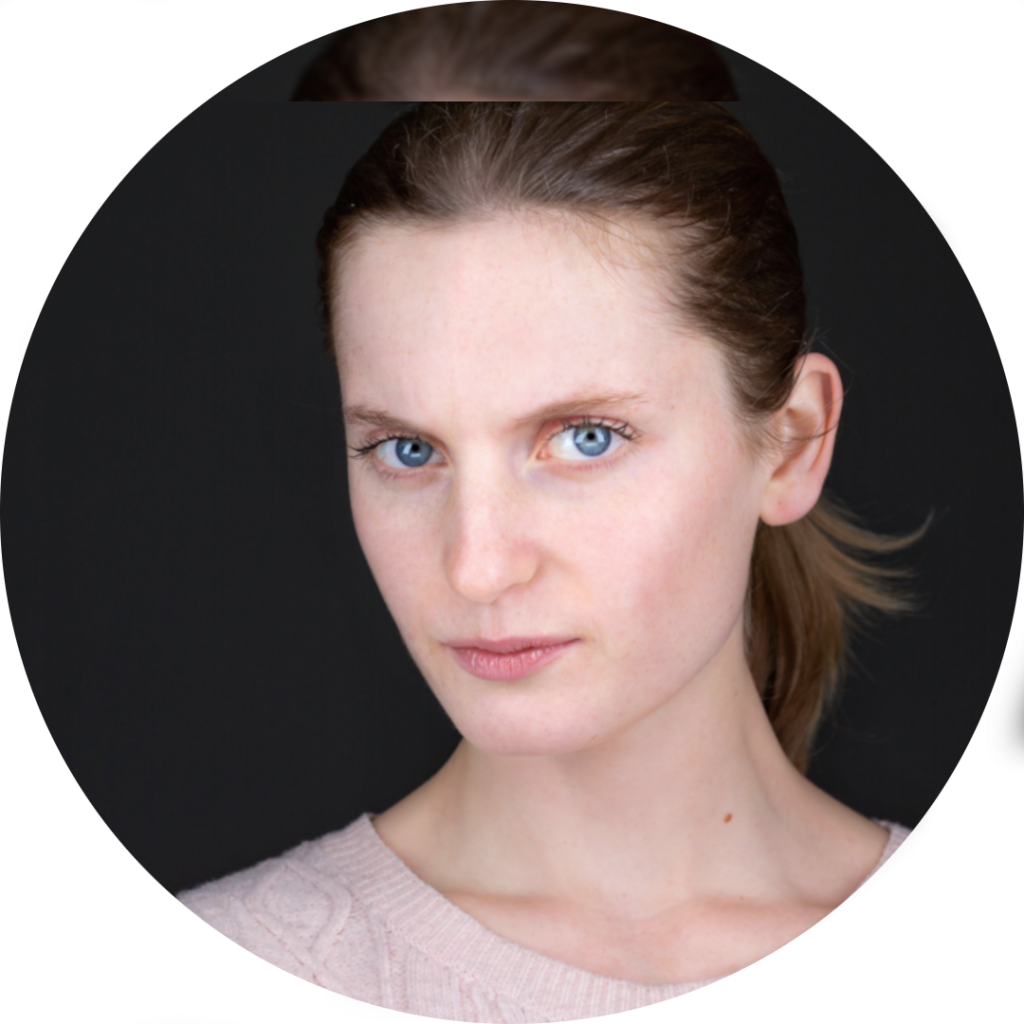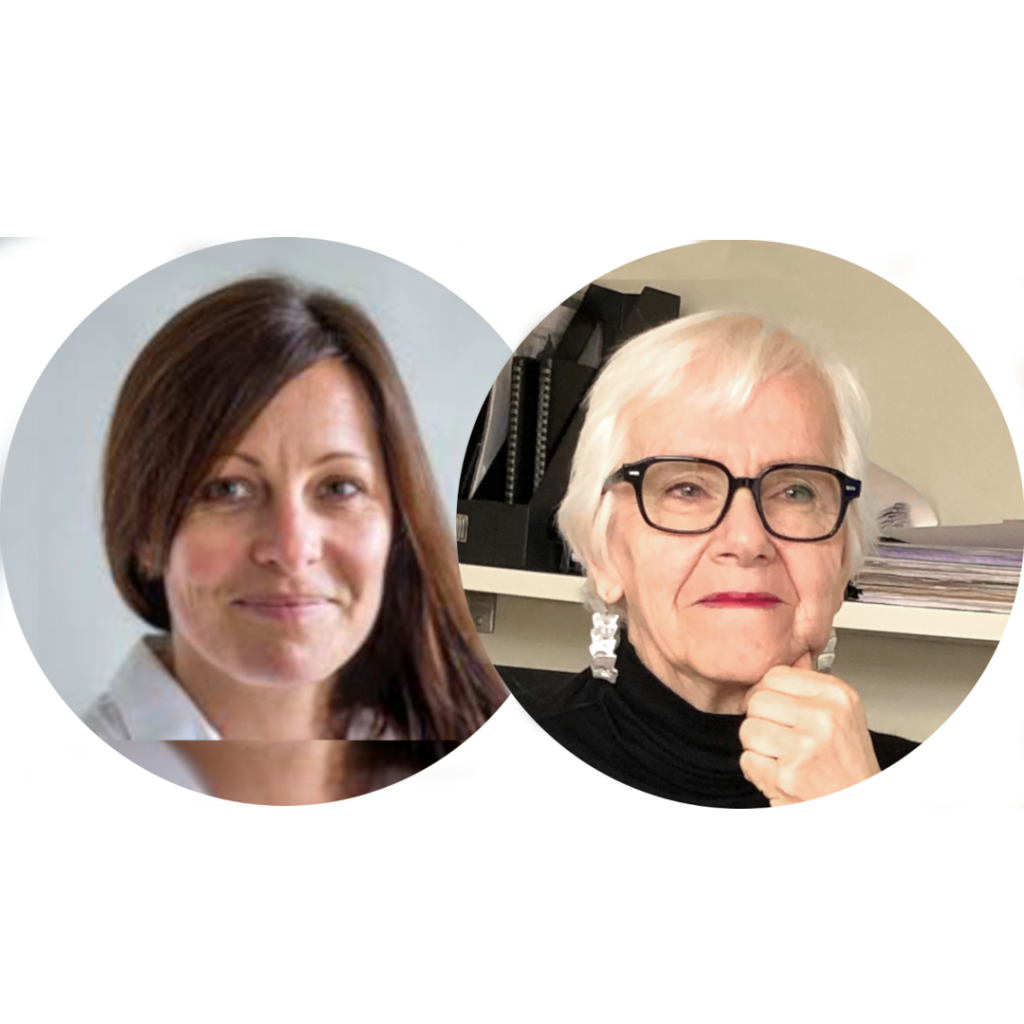Student leaders’ unrest symposium paper 2022
Organising Protest:
Where is our Systems Psychodynamic thinking on
SOCIAL MOVEMENTS?
🔖 PRESENTATION
Paper (parallel)
📆 DATE
Friday 9 Sep 2022
⏰ MELBOURNE TIME
5.00 - 7.00 pm
⏰ LOCAL START TIME
time start
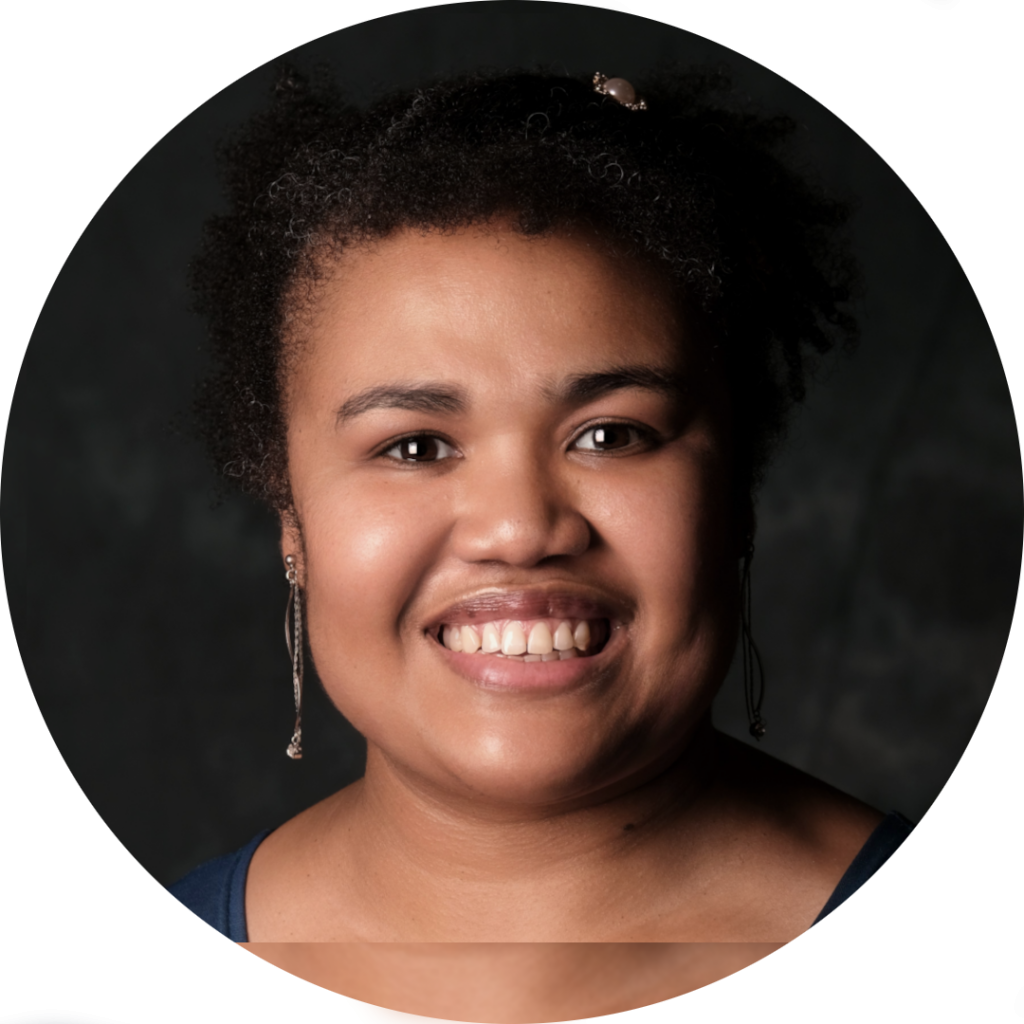
Dr Neo Pule
Academic, University of the Free State, South Africa
Neo Pule (PhD) is a registered Counselling Psychologist with the Health Professions Council of South Africa HPCSA. She is part of the academic staff at the University of the Free State, Psychology Department and previously the University of Pretoria, Department of Psychology. Additionally, she is a visiting academic at the University of the Central Lancashire, Centre for Citizenship and Community, School of Social Work, Care and Community. Her other work experience that relates to the work presented in this paper includes her roles within the Student Affairs environment as Student Development Practitioner as well as Senior Psychologist with a university Student Counselling Centre. Additionally, she has held a role as a Senior Consulting psychologist working with leaders within the corporate sphere. Dr Pule is a current recipient of the Black Academic Advancement Program (NRF) 2021/2022. Other recent previous awards include the Newton Fund, British Council Researcher Links Travel Grants. In 2021, she was selected and invited to present the Mary Kingsley Zochonis lecture which was hosted by the Royal African Society and African Studies Association of the United Kingdom (ASAUK). Consequently, she became one of the ASAUK-sponsored scholars for 2021. Recently, she has received an invitation to join the team of Directors of the Centre for Social Dreaming.
⏰ DURATION
120 minutes
Student leaders’ unrest: A call to action for social justice through social dream drawing
As a drive toward social justice anchored in the South African Higher Education Act, 1997, co-governance policy, all groups, including student leaders, have a role to play in the universities’ fulfilment of its goals. Nonetheless, South African youth, including university student leaders, protested, and pursued social justice through the hashtag Fallist movements. The social movements stand as student leaders’ adamant radical project to establish a sense of belonging and, finding their voices and place regarding decolonisation and transformation within South Africa and its universities even as the movements have received disapproval. Through social dream drawing and socioanalysis, student leaders’ experiences within South African universities have been explored. This paper, therefore, aims to discuss a CIBART (conflict, identity, boundaries, anxiety, role, task) analysis of student leaders’ social dream drawings that explain their unrest. Synchronically it foregrounds their call to action towards social justice that emerged through reflecting on their participation in social dream drawing.
For instance, an association to a dream led student leaders to reflect on a campus problem regarding students’ accessibility to career choice guidance services. Without these services in rural and poor South African communities, students mostly choose careers and consequently register to study courses that result in unhappiness, discontent, and despondency. After social dream drawing and the innovative space it provides, student leaders were able to generate ideas regarding initiating a project for establishing a career centre on campus for the well-being of students. Due to this, the group could self- emancipate from self–limitations of high conflict and anxiety, and self–authorise to take responsibility for making the change they want to see and actively participate in co-governance within the university structures. Additionally, regarding mental health, a significant issue on campus, student leaders learned about social dream drawing’s ability to be a cathartic and processing space that they could incorporate into their intra and inter – group practice. For them, the group setting of sharing dreams and corresponding drawings acts as a container for intense emotional expressions of unrest, thus setting a conducive, non – threatening space to share difficult and complex experiences in a vulnerable and deep manner. Accordingly, social dream drawing could be a process for diverse and indigenous groups to use in sharing experiences relating to mental health due to the African resonance to dreamwork. Thus, social dream drawing is a transformational enabler that contextualises student leaders as co-researchers obtaining impactful outcomes that achieve social justice. Consequently, it suggests a dynamic experiential learning facility to inspire peer learning and coaching, enhancing relationship building and increasing collaboration while eliciting a student leader advocacy role resolving their student leadership identity and boundaries that are in crisis. This transformative impact leads to innovative and expanded problem solving and strategies toward South African social justice within student leadership, enabling the voice of student leaders, ultimately clarifying their role and task. Consequently, the co-productive, participatory, and democratic posture of social dream drawing translated the South African student leader movements (as incepted through the # Fallist movements) into potential sustainable change toward social justice.
Koortzen, P. & Cilliers, F. (2005). Working with Conflict in Teams – The CIBART Model. HR Future 10(1): 52–53.
Long, S. (Ed.). 2013. Socioanalytic Methods: Discovering the Hidden in Organisations and Social Systems. London: Karnac.
Mersky, R. & Sievers, B. (2019). Social Photo-Matrix and Social Dream-Drawing. In Methods of Research into the Unconscious: Applying Psychoanalytic Ideas to Social Science, ed. K. Stamenova and R. D. Hinshelwood, 145–168. Routledge.
Zuber-Skerritt, O., Wood, L., & Kearney, J. (2020). The transformative potential of action learning in community-based research for social action. Action Learning: Research and Practice, 17(1), 34-47.
Day(s)
:
Hour(s)
:
Minute(s)
:
Second(s)
Session schedule
5 MINS
Introduction
30 MINS
Paper presentation
20 MINS
Small group discussion; impressions of the paper and developing questions for the presenter
20 MINS
Discussion forum with the presenter; moderated for the speaker to elaborate their ideas
10 MINS
Discussion forum with the presenter; themes from the discussions
5 MINS
Break
30 MINS
Whole symposium open reflection discussion
Share this presentation!
Parallel Paper Presentations
The following are presenting at this time
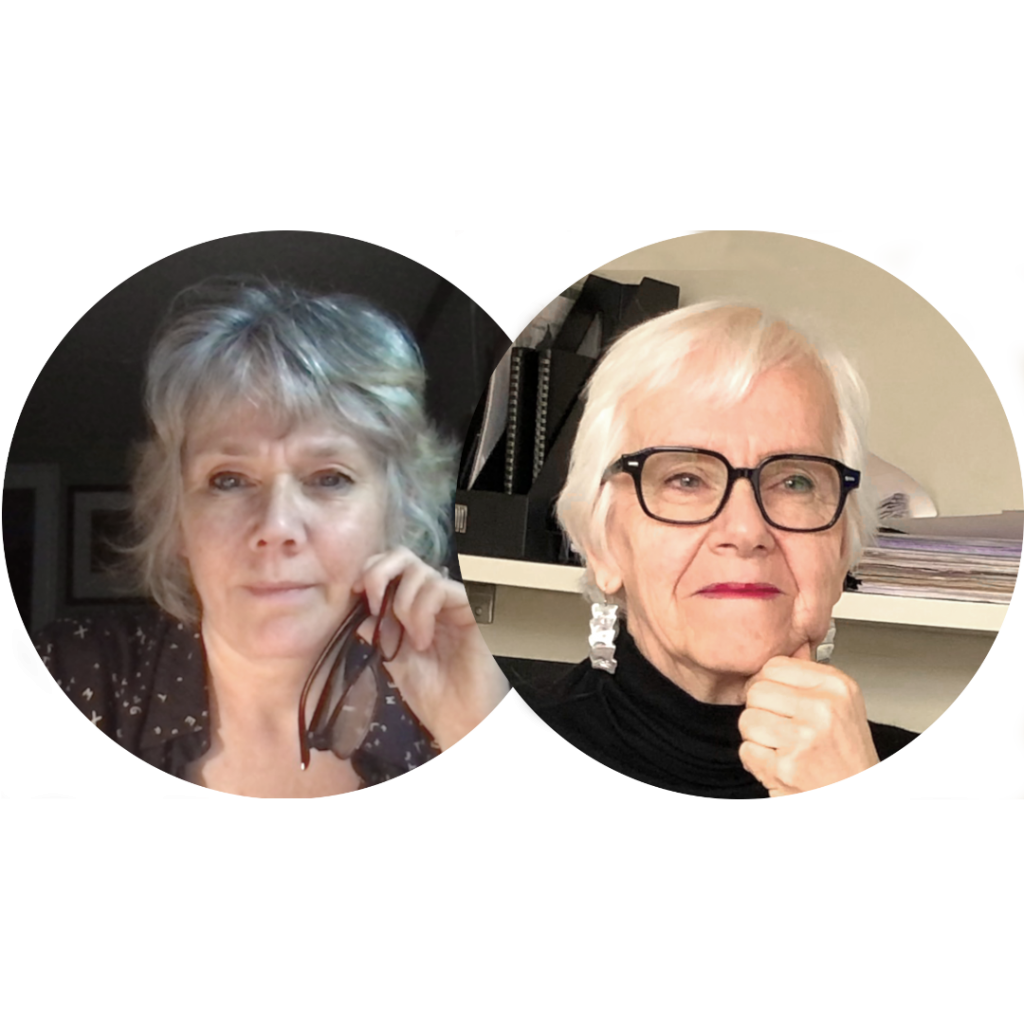
DR JO-ANNE CARLYLE & BARBARA WILLIAMS
Problematising our orthodoxies
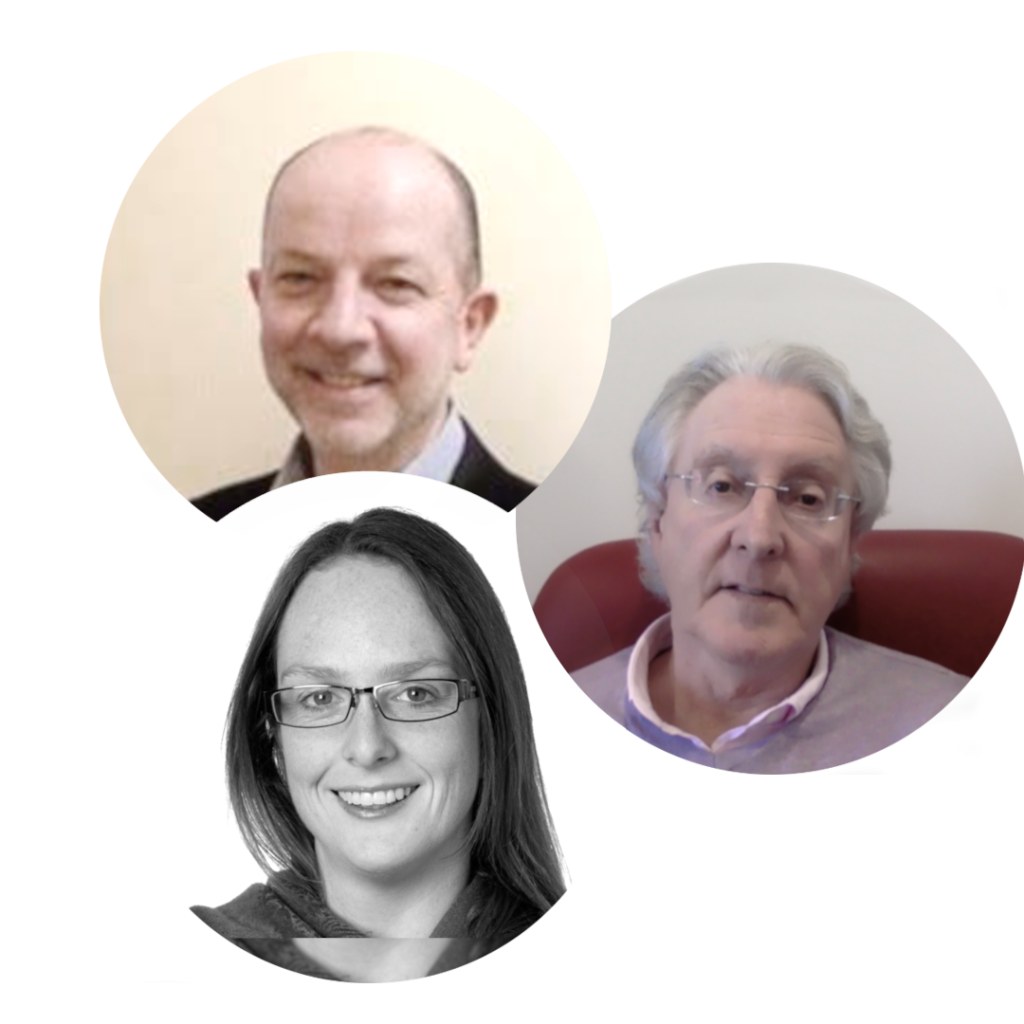



GREG COOK, ALLAN SHAFER & JENNY SMITH
The Dynamics of the 'Seeking Asylum Project'







